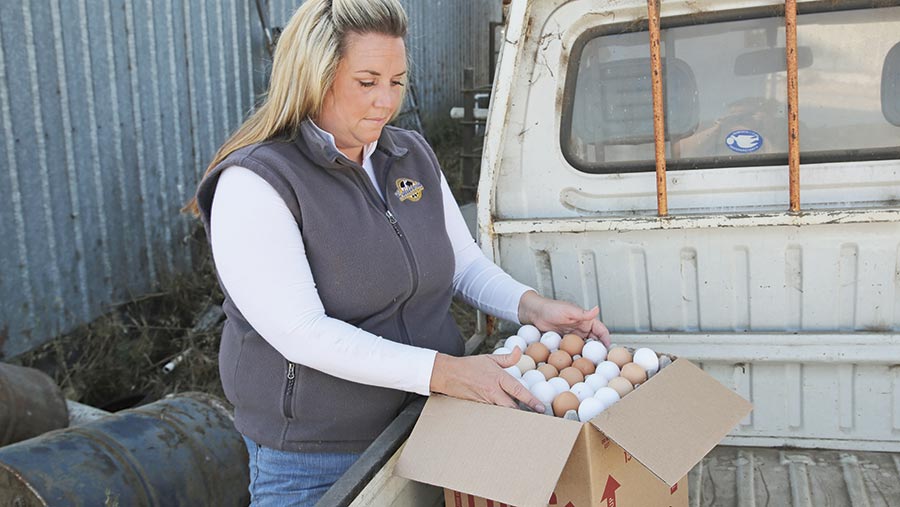Farmer Focus: Is humane certification worth the effort?
 © Brianna Frey
© Brianna Frey Over the years it seems as if more and more of my time is spent working with compliance agencies.
In California we have to comply with air quality, truck emissions, water quality, hazardous waste, federal and state dairy and poultry inspectors, organic inspectors and this doesn’t even begin to mention the humane resource agencies that we work with for employing people.
With all of this headache and stress, I find myself wondering why I choose additional agencies to comply with.
Tomorrow I will have my first American Humane Association (AHA) certification for our poultry business. For more than a decade we have worked with the AHA to certify our dairy cattle.
See also: Read more from our livestock Farmer Focus writers
It really shouldn’t be such a burden, but it is frustrating to have someone constantly telling us how to run every aspect of our business, even though they have never actually owned livestock.
Each time a company changes we are expected to comply with their changes and be prepared for their annual auditing process.
Common sense, surely?
In the past I have been certified with a different poultry ethics agency called Humane Farm Animal Care (HFAC). I discontinued this particular agency because it was associated with a past brand that I sold to.
My experience with HFAC has prepared me for tomorrow’s inspection, because both agencies have similar standards.
The poultry requirements differ from the dairy standards, because with poultry they audit and measure each inch of perching space, square footage and linear feet of feed space and watering nipples as well as survey the pasture quality in an entirely different manner.
Things that might be common sense on a farm are now being evaluated by a third party to see if I am implementing processes such as employee training, equipment handling and animal welfare to a standard set on paper.
Stand out from the rest
I do not necessarily agree with “jumping through their hoops”, so why do I go through the stress and trouble time and time again choosing these additional evaluations?
The answer is to set our farm apart. To always try to rank as high as possible in each category the public desires.
I have written about farm diversification and I would categorise animal welfare certifications as another way to diversify and hope for the success of a small family farm.
Jessica McIsaac milks 350 pedigree Holsteins in Petaluma, California, with her husband Neil. They sell organic milk and also have 6,000 laying hens.
